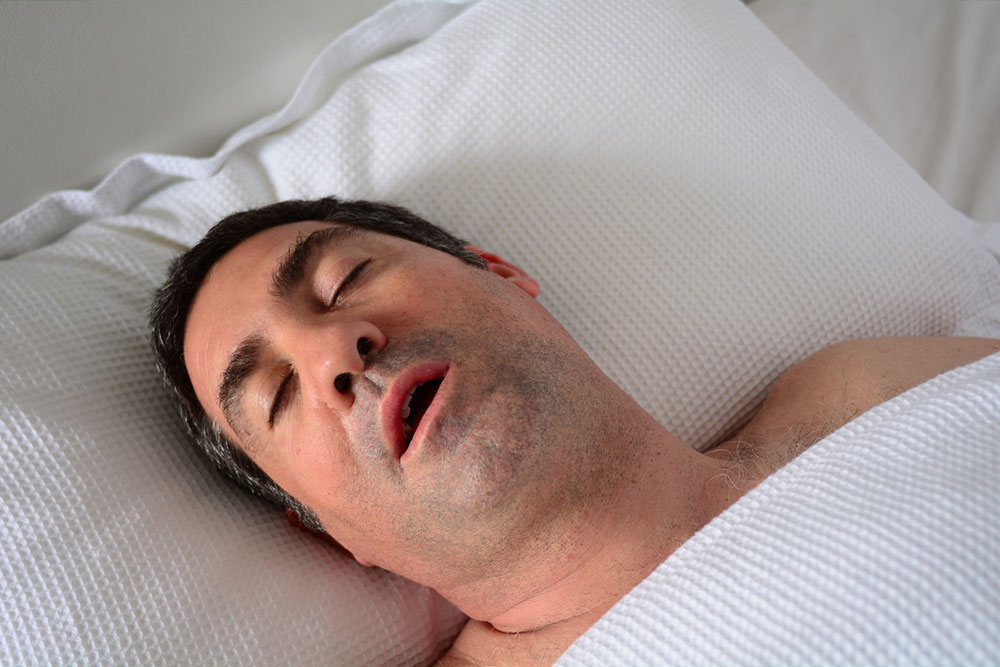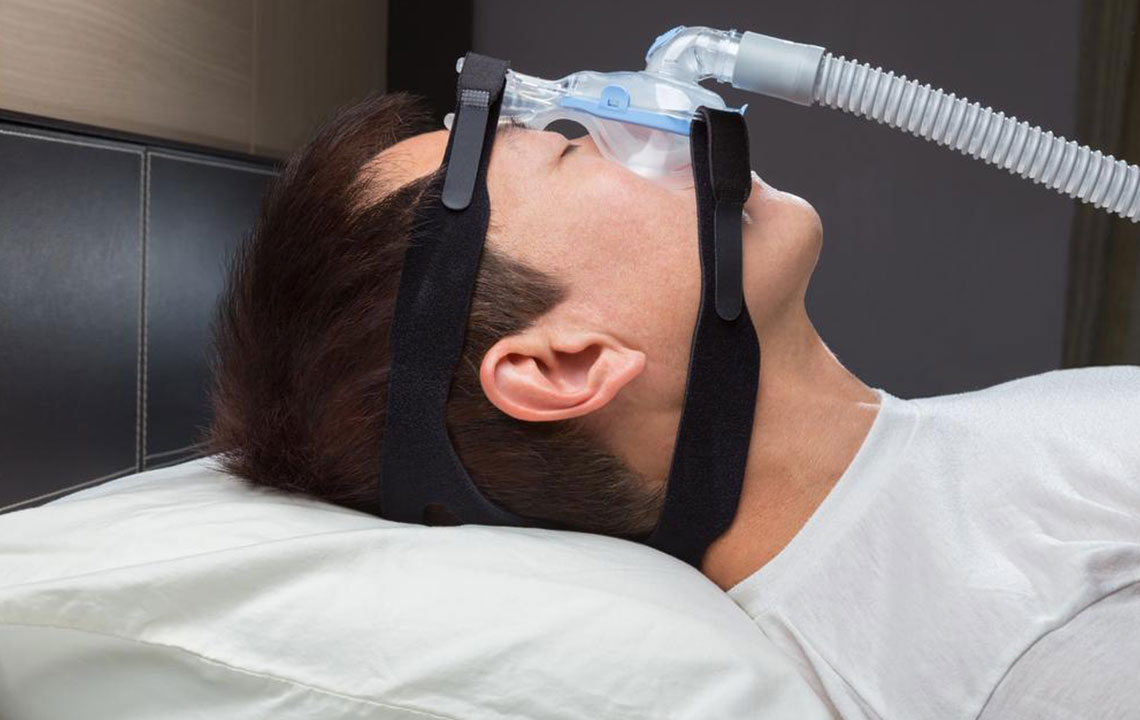Effective Strategies to Combat Snoring
Discover practical methods to reduce snoring, including custom mouthpieces, lifestyle changes, and positional adjustments. Learn how these solutions can improve sleep quality and partner comfort, with insights from medical professionals. Implementing these strategies can significantly diminish snoring, promoting better rest and health.
Sponsored

Many individuals face the challenge of loud, disruptive snoring, which can be embarrassing and affect their partner’s sleep. Snoring arises from vibratory movements of tissues within the nasal and throat airways. Factors such as breathing habits, stress, nasal blockages, or certain health conditions contribute to this issue.
Snoring results from turbulent airflow due to narrowed air passages, which causes the tissues to vibrate. Sleeping posture, medication use, and alcohol consumption also influence snoring intensity.
Persistent snoring may be linked to sleep disorders like obstructive sleep apnea, causing breathing interruptions lasting over 10 seconds. To address this, various solutions exist—one of the simplest being mandibular advancement devices, which are custom-made mouthpieces prescribed by dentists. Properly fitted devices have demonstrated significant success in reducing snoring.
Why opt for anti-snoring devices?
Many loud snorers find relief through oral appliances. These mandibular devices work by preventing the tongue and jaw from relaxing backward, which can obstruct airflow. Designed to stabilize the jaw, they push the lower jaw forward, keeping the airway open and reducing sound.
Functionality of these devices
Support the jaw, especially in cases of a receding jaw
Move the jaw forward to naturally open the airway
Hold the tongue in a position that prevents blockage
Keep the soft palate clear of obstructions
Possible side effects and considerations
Initial discomfort during fitting
Potential for the device to dislodge from teeth
Increased saliva production, which typically diminishes over time
Regular dental check-ups are essential for adjustments. FDA-approved, custom-fitted mouthpieces are safe and legal options for snoring relief.
According to research, nearly half of adults snore occasionally or know someone who does. While over-the-counter sprays and pills exist, consulting a healthcare professional is advisable before use. Alternatively, lifestyle modifications can be effective, including:
Adjusting sleep position: Sleeping on your side prevents the tongue from blocking the airway.
Managing weight: Excess weight around the neck increases airway pressure, worsening snoring.
Limiting alcohol intake: Alcohol relaxes throat muscles, heightening snoring risk.
Ensuring good sleep habits: Routine sleep improves muscle tone and reduces floppiness that can cause snoring.
Clearing nasal passages: Using steam or saline sprays before bedtime helps keep nasal airways open.
While multiple options are available, the most recommended by experts remains the use of a custom mouthguard. Simple to use, portable, and effective, it offers a comfortable solution for peaceful sleep without complex procedures.






